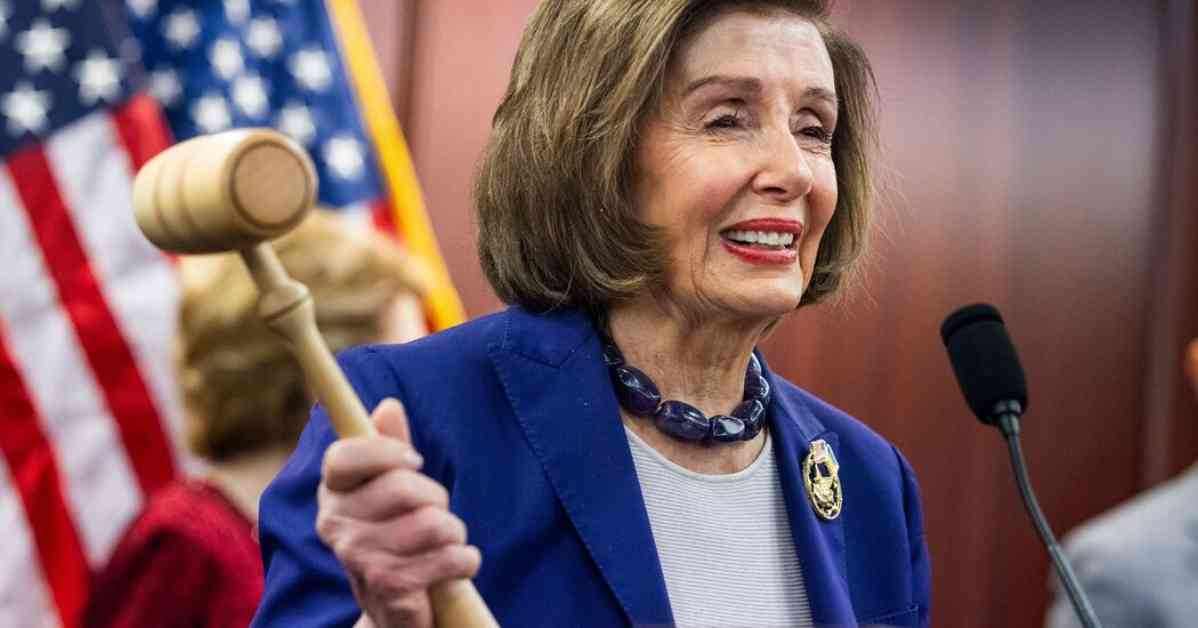Trump’s Influence on the Democratic Party
As the political landscape continues to shift and evolve, the impact of former President Donald Trump on the Democratic Party cannot be ignored. While the Republican Party has become increasingly personalized around Trump, the Democrats have taken a different approach in response to his presidency.
The Rise of Personalist Politics
The Republican Party, under Trump’s leadership, has transformed into a personalist party, centered around the former president himself. This shift has led to the marginalization of dissenting voices within the party, as seen with the exile of figures like Liz Cheney and Mike Pence. The party’s co-chair, Lara Trump, further solidifies this personalist approach, highlighting the stark contrast with the Democratic Party.
In contrast, the Democratic Party has historically operated as a collective entity, focused on promoting a common agenda rather than individual personalities. This unity is reflected in the party’s support for President Joe Biden, despite internal divisions on policy issues. From progressive firebrands like Alexandria Ocasio-Cortez to more moderate voices like Joe Manchin, Democrats share a common goal of using government power to advance their vision of the common good.
The Fundamental Divide
The core difference between the two parties lies in their view of government and its role in society. While Democrats believe in the government’s ability to enact positive change for the public, Republicans under Trump have embraced a more individualistic and personalized approach to governance. This fundamental ideological gap has shaped the parties’ responses to Trump’s presidency and their strategies moving forward.
Despite the challenges posed by Trump’s impact on American politics, the Democratic Party remains united in its commitment to advancing progressive policies and advocating for the interests of the American people. As the party continues to navigate the post-Trump era, its collective approach stands in stark contrast to the personalist politics that have come to define the Republican Party.
Looking Ahead
As we look to the future of American politics, the influence of Trump on the Democratic Party serves as a reminder of the importance of unity and collective action in the face of divisive forces. While the Republican Party grapples with the legacy of Trump’s presidency, Democrats must remain steadfast in their commitment to upholding the values of democracy and inclusivity.
In conclusion, the impact of Trump on the Democratic Party underscores the enduring resilience of American democracy and the importance of staying true to core principles in the face of adversity. As the parties continue to define themselves in the post-Trump era, the lessons learned from this turbulent period will shape the future of American politics for years to come.














